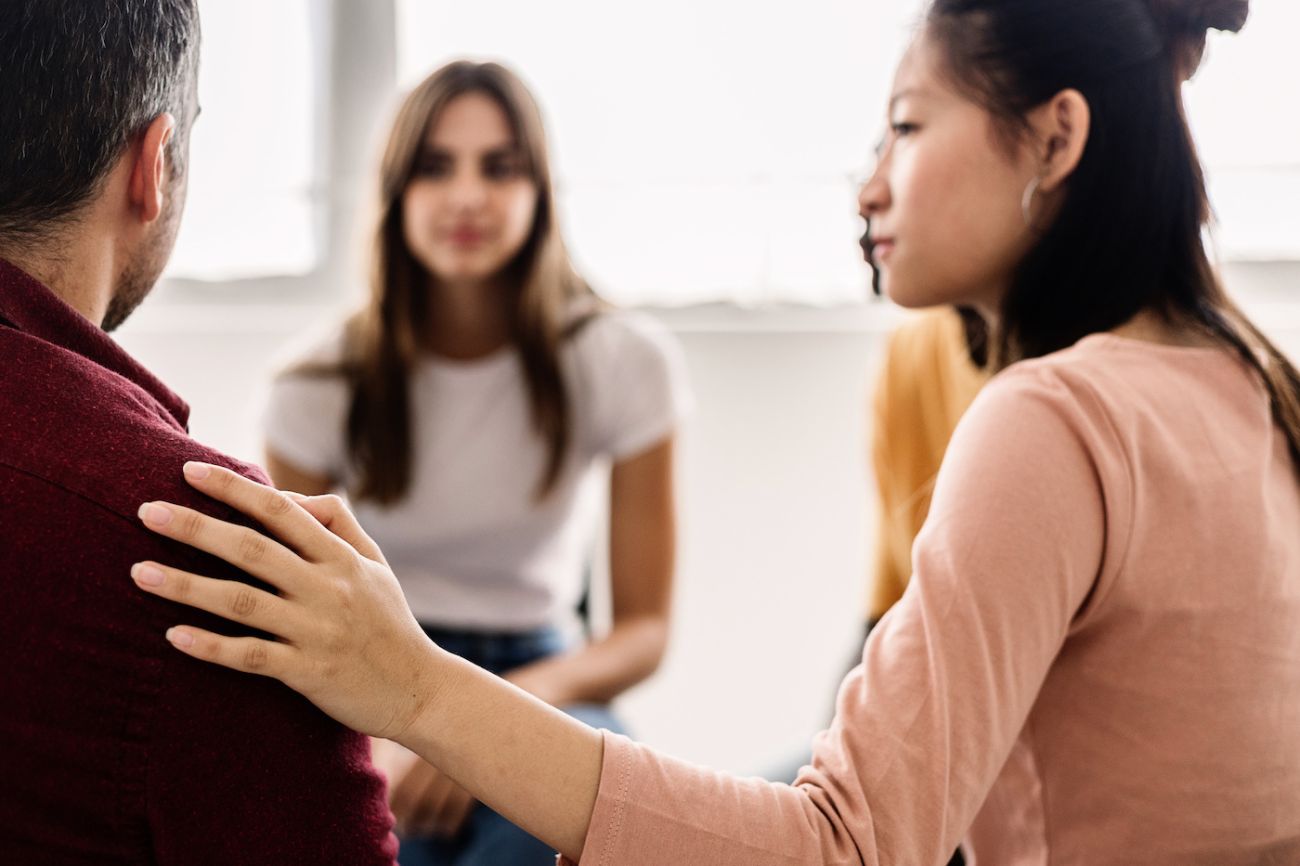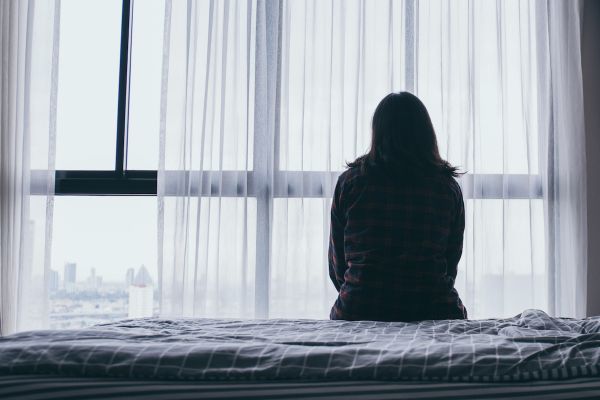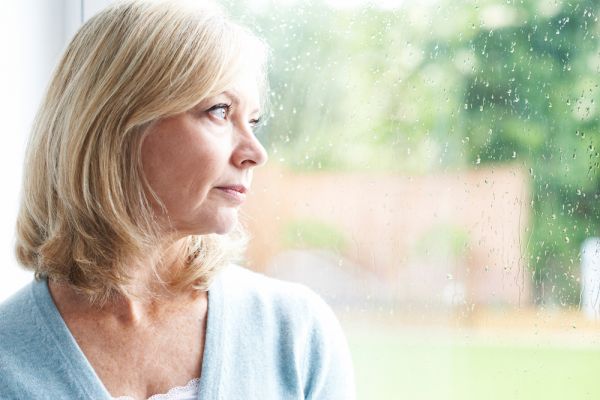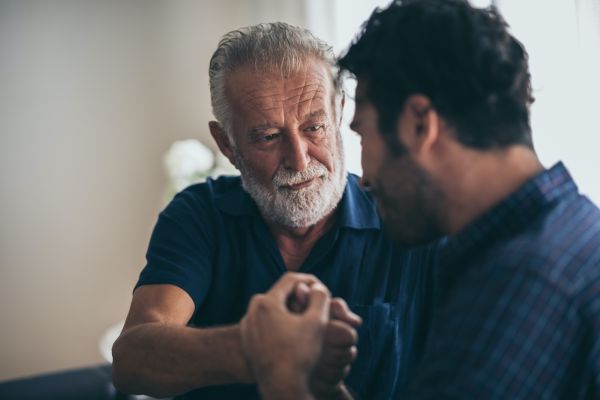Feelings of guilt are a common part of cancer survivorship and it’s important to find a way through them.
You survived cancer. Congratulations, right? You finished your final treatment. You’ve rung the Victory Bell. Your last scan was good. Everyone around you is excited and wants to celebrate. But something is weighing on your heart.
You find yourself thinking about the other people you know who are still struggling. There’s the young mother you met in the chemotherapy waiting room. You had the same schedule and got to know each other while waiting for your infusions. You’ve met her husband, seen photos of her kids, and you know she’s not sure how things will turn out. Or there’s your supervisor at work. He had cancer a few years ago and talking to him really helped because he understood what you were going through because he’d gone through it to. But you just heard he’s had a recurrence, and you feel a pit in your stomach as you wonder what to say to him.
There may be days when it feels like everywhere you turn, someone you know has cancer, and you know that not all of them are going to make it. You realize you feel guilty for having survived when so many of the people you know or have met along the way are still struggling.
Why survivor’s guilt occurs
Feelings of guilt like this are a common part of cancer survivorship. The feelings come from the strong bond we feel with others with whom we’ve shared an important experience, and that bond can feel even stronger when the experience involves a threat to life. Whether it’s due to war, a mass shooting, a natural disaster, or an illness like cancer, our sense of connection with others may lead us to wonder “why did I survive and they did not? How can it be okay to feel happy when these people I care about are still suffering or gone?” At a moment when you expect to feel happy and grateful, you are painfully aware that part of you is also grieving for these others.
Cancer survivors may also feel guilty for the ways that cancer has disrupted the lives of their family and close friends. They may believe they somehow caused their cancer, or even mistakenly blame themselves rather than cancer for the distress and disruption their cancer has caused. Even loved ones sometimes feel guilty, worried that they didn’t do enough. Survivor’s guilt may cause a person to feel anxious, depressed, angry or numb. Depending on how intense the feelings are, a person may feel overwhelmed or out of control, unable to eat, sleep, concentrate or relate to others.
Let us help you
Whether you are newly diagnosed, currently going through treatment or a survivor, you have access to all of our support services provided at Roswell Park.
Learn moreSteps toward healing
Although survivor’s guilt is common, it is important to acknowledge these thoughts and feelings and to find a way through them. Talking with other cancer survivors can help. Support groups for survivors provide a safe space to talk, to listen, and to learn from others that such feelings are normal. Getting involved in meaningful activities or finding a way to “pay it forward” also can be part of a person’s emotional healing. For those who feel stuck in feelings of guilt, talking with a mental health professional can offer a chance to explore the feelings with someone who understands, and find new ways to think about the cancer experience that supports re-engaging in life in a meaningful and satisfying way.
To speak with a mental health professional at Roswell Park Comprehensive Cancer Center, ask your provider for a referral. You can also learn about support groups and ways to connect with others at The 11 Day Power Play Cancer Resource Center.



